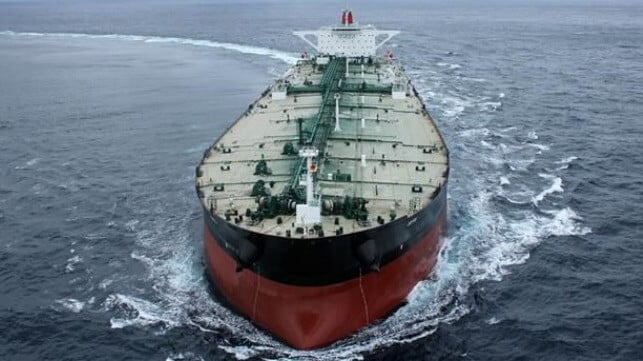China’s ship orders surge as demand for Korean engines rises

In recent months, the marine engine industry has witnessed a significant shift, particularly in the relationship between South Korea and China. HD Hyundai Heavy Industries, a leading manufacturer of marine engines, has established a dedicated service department in China to cater to the growing demand for its products. This move comes as the company plans to export a substantial number of large and medium-sized engines to the Chinese market. With China dominating global shipbuilding orders, the demand for Korean marine engines is on the rise, indicating a promising future for this sector.
Establishment of the China Engine Technology Service Department
In November of last year, HD Hyundai took a strategic step by establishing the China Engine Technology Service Department. This new organization is part of HD Hyundai Construction Equipment and aims to provide local services, including on-site testing. The decision to create this department stems from a notable increase in the export of marine engines to China. HD Hyundai Heavy Industries plans to export 80 large engines and 250 medium-sized “Himsen” engines to China this year. This represents about 25% of the company’s total production volume from the previous year.
A spokesperson from HD Hyundai Heavy Industries highlighted the growing demand for large engines exceeding 20,000 kilowatts (kW) and environmentally friendly dual-fuel engines. These products are areas where Korean companies hold a technological advantage. The Ulsan Shipyard, where these large engines are manufactured, plays a crucial role in meeting this demand. As the Chinese market continues to expand, the establishment of this service department will likely enhance customer satisfaction and support the growing export volume.
Rising Demand for Korean Marine Engines in China
China’s dominance in global shipbuilding has led to a surge in imports of Korean marine engines. According to the Korea International Trade Association, China’s imports of Korean marine engines reached $595 million in the first three quarters of last year. This figure surpassed the total import amount for all of 2023, which was $581 million, indicating a robust demand for Korean products. Notably, Korean marine engines accounted for 70% of China’s total marine engine imports.
As Chinese shipbuilders increasingly focus on constructing vessels powered by environmentally friendly fuels like liquefied natural gas (LNG) and methanol, the demand for Korean marine engines is expected to grow. Korean companies have been proactive in acquiring environmentally friendly fuel engines, leveraging their technological expertise in this area. The more ships China builds, the more opportunities arise for Korean marine engine manufacturers. Analysts predict that the Korean shipbuilding industry will maintain its competitive edge in marine engines for the foreseeable future, despite China’s rapid advancements in shipbuilding capabilities.
In the third quarter of last year, Hanwha Engine reported that marine engine sales constituted 86% of its total sales, amounting to 254.5 billion won, with nearly half of that revenue generated from China. As Chinese shipbuilders expand their production capacity and increase orders for LNG dual-fuel container ships, the demand for engines from Korean corporations is expected to rise. This trend underscores the growing interdependence between the South Korean marine engine industry and China’s shipbuilding sector, paving the way for continued collaboration and growth in the coming years.
